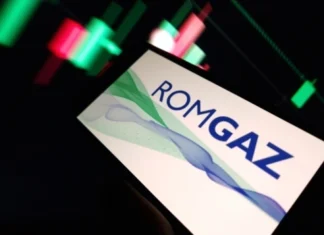On a recent day in Bucharest, a poignant march was held in memory of the victims of the tragic Colectiv nightclub fire, which occurred several years ago. This event served as a somber reminder of the devastating consequences of negligence and the failures in public safety measures that directly contributed to the tragedy.
The Colectiv fire, which claimed the lives of 64 people and injured over 150 more, was not just a moment of horror; it was a wake-up call that exposed deep-seated issues within Romania’s regulatory systems. As people gathered to commemorate those lost, they also sought to bring attention to the ongoing problems that still plague the country—issues that led to the incident and remain unresolved.
Activists and family members of the victims marched through the streets, carrying candles and banners demanding justice and accountability. Their voices echoed with a mixture of grief and anger, highlighting that even after all these years, the broader implications of that night have not been fully addressed. Many spoke about the need for better emergency services, stricter enforcement of safety codes, and a deeper commitment from authorities to prioritize the protection of citizens in venues across the nation.
This march was not merely an act of remembrance; it represented a persistent call to action. Participants expressed their frustration at the slow pace of change and the lack of adequate legal repercussions for those responsible for the failures that led to the fire. The repeated promises from officials to improve safety standards feel hollow without tangible results, leaving many to question if the lessons learned from Colectiv will ultimately lead to meaningful reform.
Despite the passage of time, the scars from that horrific evening remain fresh for many. Survivors have shared their harrowing stories of recovery and loss, which continue to resonate with the community. These personal accounts emphasize the emotional toll wrought by the tragedy and reinforce the need for society to remember and honor the lives lost.
The march also illuminated an essential aspect of collective memory: the importance of not allowing such tragedies to fade into oblivion. As the years go by, it often becomes easier for people to forget about past tragedies, especially when they involve complex issues like bureaucracy and accountability. However, for those affected, forgetting is not an option. The unwavering spirit of the victims’ families and supporters ensures that the fight for justice and reform continues steadfastly.
As participants carried their candles through the streets, they called for an end to the complacency that has allowed such failures to persist in public venues. They sought to remind authorities and the public alike that accountability is necessary for healing to occur, and that to honor the memories of those lost, society must actively engage in building a safer future.
In conclusion, the march in Bucharest was a powerful testament to resilience and remembrance. While the wounds from the Colectiv tragedy may never fully heal, the commitment of the community to keep the memory alive serves as a crucial catalyst for change. It underscores a shared responsibility—both to remember the past and to ensure that history does not repeat itself. The hope is that through continued advocacy and vigilance, real and lasting change will come, both in terms of safety regulations and in the hearts of those who mourn.






